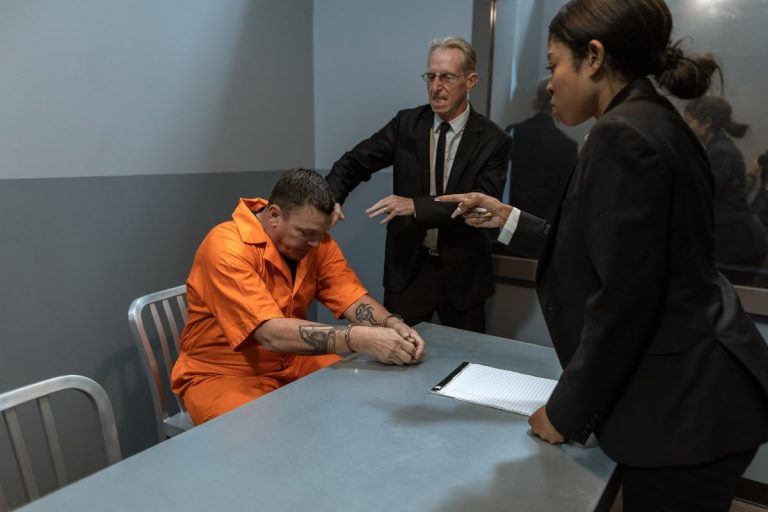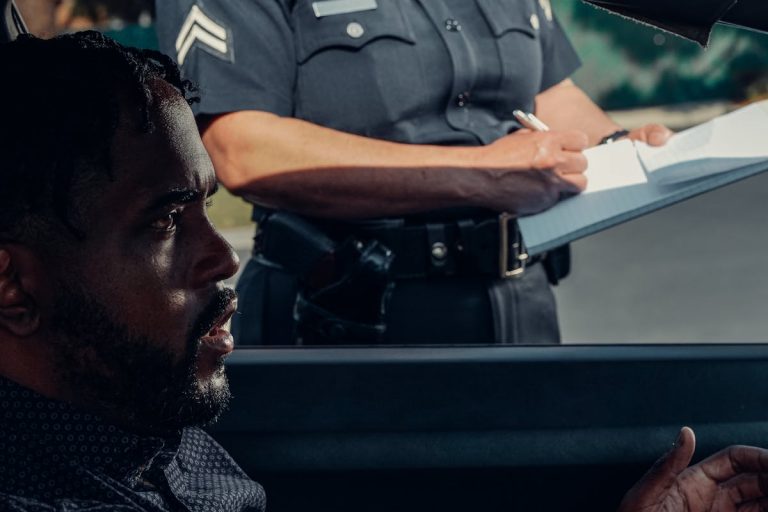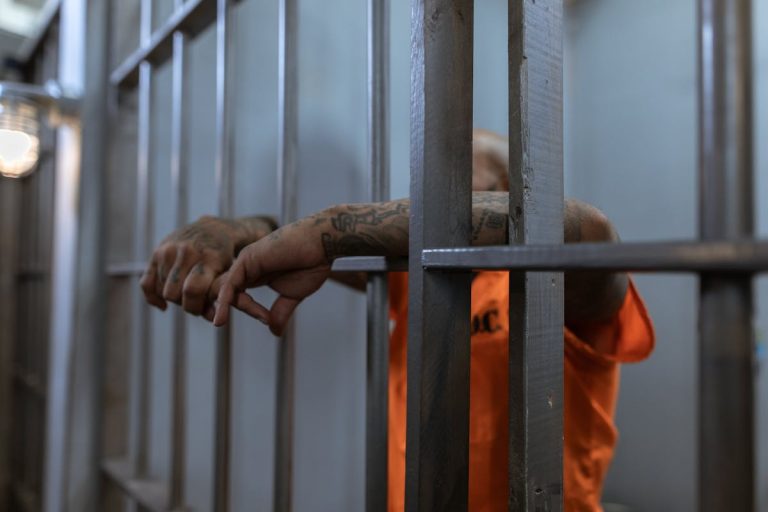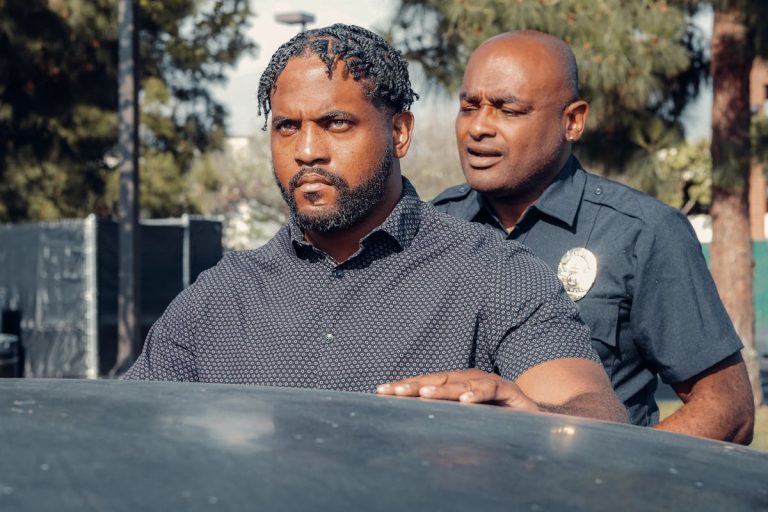If you find yourself in the precarious and distressing circumstance of being accused of a child pornography crime, you may feel overwhelmed and uncertain about your next course of action. This is a serious charge with potentially severe legal and social repercussions. However, it’s essential to remember you have options and rights, which can be effectively navigated with the aid of experienced legal counsel. In the subsequent discussion, we will examine potential defense strategies, the role of digital forensics, and other pertinent facets of this complex issue.
Understanding Child Pornography Laws
Given the seriousness of the subject, it is essential to understand the laws surrounding child pornography. Mainly, child pornography involves images, videos, or other media depicting sexually explicit activities involving a minor. Legal definitions and statutory provisions vary globally, but universally, it constitutes a serious crime. In the United States, the law defines a minor as anyone under 18 years of age. Federal laws governing child pornography are stipulated under 18 U.S.C §2251-2260, criminalizing the production, distribution, reception, and possession of any sexually explicit material involving a minor. The stringent laws are designed to protect children from exploitation and abuse. A thorough understanding of these laws is critical for anyone facing accusations, as a groundwork for strategizing a defense.
Potential Consequences of Accusations
Facing accusations of a child pornography crime carries severe potential consequences, both legally and personally. The legal penalties can be life-altering, often involving substantial fines, imprisonment, and mandatory registration as a sex offender. The latter can lead to restrictions on where you can live and work, impacting your basic rights and freedoms. Equally significant is the damage to your reputation. The public perception of those accused of such crimes is overwhelmingly negative, often resulting in social ostracization, loss of employment, and strained personal relationships. Even if ultimately exonerated, the mere accusation can leave a lasting stigma. It’s essential to understand these potential consequences to prepare a robust defense strategy.
The Importance of Legal Representation
Understanding the severity of potential consequences, it becomes essential to secure competent legal representation when accused of a child pornography crime. Maneuvering the complex terrain of child pornography law demands an expert hand, which necessitates a thorough attorney selection process. The right attorney brings not only legal knowledge but also a strategic approach, vital in mitigating charges and potentially reducing penalties.
A legal consultation allows you to evaluate an attorney’s expertise and aptitude before entrusting your case to them. During this process, you should assess their ability to handle sensitive information with utmost confidentiality, their understanding of the minutiae of child pornography law, and their track record in handling similar cases. Remember, your choice of legal representation could greatly influence the outcome of your case.
Defense Strategies in Child Porn Cases
Exploring defense strategies in child porn cases necessitates a thorough understanding of legal defenses and the intricate role of digital forensics analysis. Legal defenses demand a sophisticated knowledge of the law and how it applies to the specifics of the case at hand. Simultaneously, digital forensics analysis can unearth critical evidence, which may either implicate or exonerate the accused, thereby impacting the overall defense strategy.
Understanding Legal Defenses
While it can be distressing to be accused of a child porn crime, it is essential to be aware of the legal defenses available. Defense tactics, grounded in legal precedents, can be pivotal. A common defense is challenging the legality of the search and seizure that led to the discovery of the evidence. If law enforcement violated your Fourth Amendment rights, the evidence may be suppressed. Another strategy is to dispute the intent or knowledge of the accused. For instance, if someone else used your computer without your knowledge, this could be a viable defense. The defense of entrapment may also apply if law enforcement induced a person to commit a crime they would not ordinarily commit. Each case is unique and requires a tailored defense strategy.

Digital Forensics Analysis
Although it may seem intimidating, digital forensics analysis plays an essential role in the defense strategies in child porn cases. This specialized area deals with the recovery and investigation of digital evidence found on various electronic devices. Forensic tools are employed by trained professionals to methodically examine and extract data, which can potentially reveal crucial information about the alleged crime. The digital evidence may provide insights into the origin, authenticity, and intent of the incriminating material. In certain cases, it could even indicate whether the accused had knowledge of the offensive content. As a result, a thorough digital forensics analysis can greatly influence the outcome of the case by either supporting or refuting the charges.
Case Analysis and Evidence Review
Upon being accused of a child pornography crime, a thorough case analysis and evidence review becomes an imperative step. The gravity of such accusations necessitates a meticulous case evaluation to understand the specifics of the charge. This process involves an extensive examination of all available evidence, including digital media, documents, and witness testimonies.
The objective is to identify any discrepancies or weaknesses in the prosecution’s case, which could potentially undermine their arguments. This rigorous evidence examination could reveal vital details that may influence the direction of your defense strategy. It’s also beneficial in preparing for possible scenarios during the trial. A thorough, detail-oriented case analysis and evidence review can be instrumental in protecting your rights and building a robust defense.
The Role of Digital Forensics
The thoroughness of a case analysis and evidence review would be incomplete without acknowledging the significant role of digital forensics in child pornography crime investigations. Digital forensics, a specialized discipline within the broader field of criminal justice, utilizes cutting-edge forensic technology to uncover, analyze, and present digital evidence in court. This evidence often includes illicit images, videos, and communications, which can be essential in determining the facts of the case. Vital to both the prosecution and defense, this digital evidence must undergo rigorous forensic examination to guarantee its authenticity, integrity, and legality. Consequently, understanding the role of digital forensics and the weight of digital evidence can profoundly impact the outcome of a child pornography crime accusation.
Coping With Social and Psychological Impact
While contending with a child pornography accusation, one must not overlook the significant social and psychological impacts that can ensue. The stigma associated with such charges can be overwhelming, leading to isolation and severe emotional distress. It’s essential to seek emotional support during this challenging period. This may involve confiding in a trusted friend, family member, or professional counselor. Additionally, legal professionals can recommend specific resources for stigma management, which can be beneficial in helping to navigate the societal challenges that these charges often bring. This will also prepare you for the potential emotional strain of the legal process. Remember, understanding and managing these impacts is a critical part of your defense strategy and overall well-being.
Appeals and Post-Conviction Relief Options
Should you find yourself convicted of a child pornography offense, it’s crucial to be aware of the legal avenues available for contesting the decision or seeking post-conviction relief.
- Appeal: The appeal process is a direct challenge to the conviction or sentence, arguing that legal errors occurred which affected the trial’s outcome.
- Writ of Habeas Corpus: This post-conviction procedure can be filed at the state or federal level, asserting that the defendant’s constitutional rights were violated.
- Motion for a New Trial: This motion is typically based on new evidence or misconduct that could have notably impacted the verdict.
- Sentence Modification: A defendant can request the court to modify the sentence after it has been issued, under certain circumstances.
Frequently Asked Questions
Can a Child Porn Accusation Affect My Employment or Job Prospects?
Yes, a child pornography accusation can severely impact your employment and future job prospects. Employers often conduct background checks, and such accusations can lead to employment consequences such as termination or difficulty securing new employment.
What Resources Are Available for Rehabilitation and Therapy Following Such Accusations?
Numerous resources are available, including specialized rehabilitation programs and therapy options. These aim to provide psychological support, aid in behavior modification, and address any underlying issues that may have contributed to such alleged actions.
How Does a Child Pornography Conviction Impact Child Custody or Visitation Rights?
A child pornography conviction greatly impacts child custody battles and visitation rights. Courts prioritize child safety, often leading to loss or restriction of these rights. Legal counsel is advised to navigate these complex legal issues.
Can International Laws Apply if the Alleged Crime Happened Online Across Different Countries?
International laws can apply to online crimes across different countries under the principle of extraterritorial jurisdiction. The admissibility of online evidence, however, depends on the specific laws and treaties between the involved countries.
How Does the Legal System Protect the Identity and Privacy of the Accused?
The legal system safeguards an accused person’s identity and privacy through pre-trial confidentiality and media reporting restrictions, which limit public disclosure of sensitive information prior to and during the trial process.





